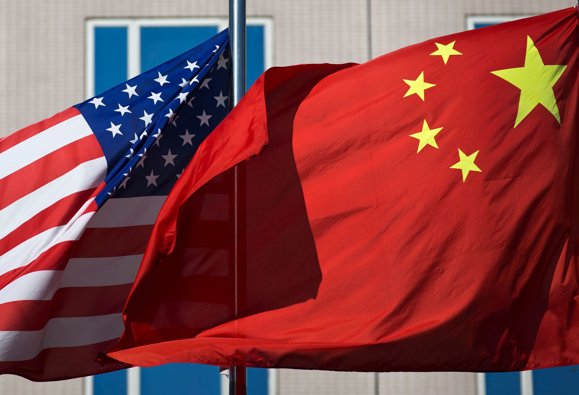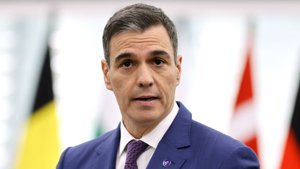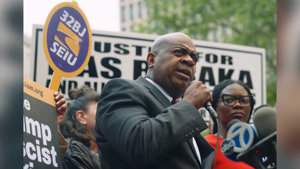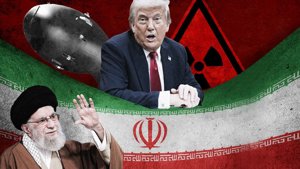
US-China Trade Talks Open with Tariff Clash
The highly anticipated trade talks between the United States and China began in Geneva on Saturday, aiming to address escalating tensions fueled by high tariffs and strained relations. US President Donald Trump, who has been vocal about imposing tougher measures, proposed an 80% tariff on Chinese goods earlier this week, though he emphasized that the final decision rests with Treasury Secretary Scott Bessent.
"Closed markets don't work anymore," Trump declared, urging China to open its market fully to US products. He added that the trade deal must be fair and beneficial to both nations, underscoring that while he respects Chinese President Xi Jinping, the US would not settle for an imbalanced agreement.
Chinese Commerce Minister Wang Wentao pushed back, condemning what he called the Trump administration's "abuse" of tariffs and pledging to defend international fairness. Wang reiterated China’s commitment to maintaining the global economic order, even as he acknowledged Beijing’s readiness to engage in dialogue.
White House Press Secretary Karoline Leavitt reinforced Trump’s firm stance, clarifying that the US will not lower tariffs without significant concessions from China. Commerce Secretary Howard Lutnick also backed Trump's position, highlighting tools such as reciprocal tariffs and fentanyl levies to strengthen the US trade strategy.
The Geneva talks, led by Treasury Secretary Bessent and Trade Representative Jamieson Greer for the US, and Vice Premier He Lifeng for China, aimed to ease trade barriers. However, uncertainty clouded the negotiations after reports emerged that both delegations abruptly left the venue without explanation, leaving the status of ongoing discussions unclear.
The world is now watching closely to see if the two largest economies can bridge their differences or whether the trade standoff will continue to deepen, with potential repercussions for global markets and economic stability.






